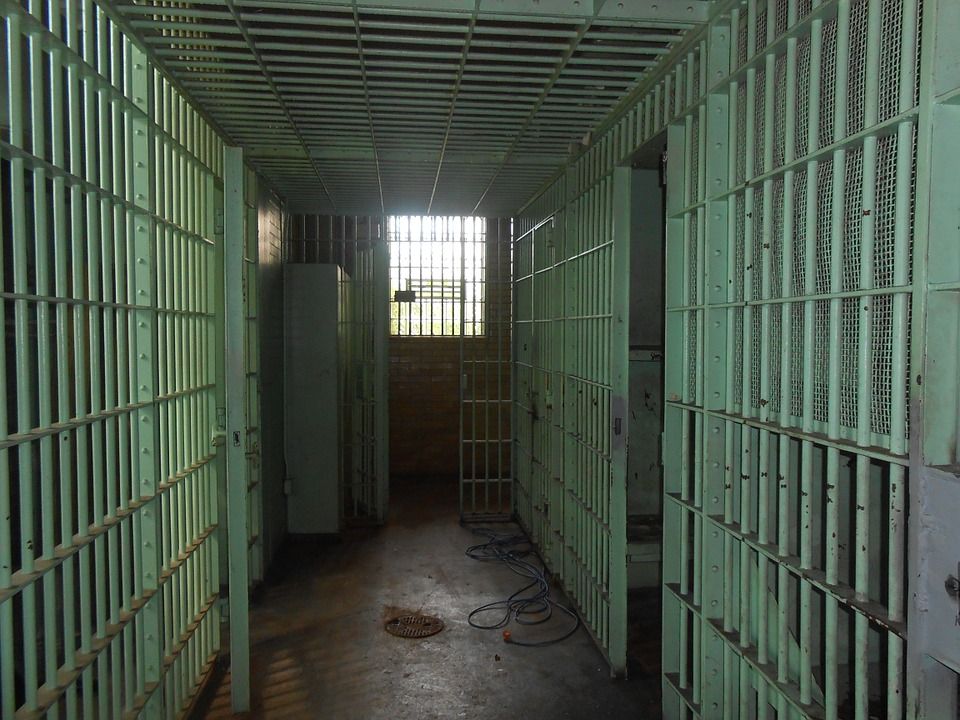
Will I Still Get Child Support if a Parent is in Jail? And Other Unusual Circumstances
First, once child support is set, only a judge can modify the order. It doesn’t matter what sort of circumstances have come about since the order was determined. Many people believe that a particular circumstance such as incarceration, job loss and military call to active duty will automatically change the order, but that is simply not true. Remember, child support is a court-ordered obligation to financially support your children.
- Incarcerated Parent – Just because a parent is in jail does not necessarily mean he or she does not have income or assets that can be used to pay the child support. Sources of such income and assets include:
- Interest or dividend income from investments such as stocks and bonds;
- Money from selling investment assets;
- Rental income;
- Disability, retirement, or other similar benefits;
- Bank accounts, retirement accounts, or other accounts;
- Money from selling property (real and personal property); and
- Participation in a work-release program
If the incarcerated parent claims an inability to pay or has none of the above options, then the Office of Child Support Enforcement (OCSE) has no way to collect support. The court order remains in effect and support continues to accrue and be owed. Once the noncustodial parent is released from prison, enforcement and collection efforts will proceed.
If you are the noncustodial parent and find yourself in jail, you must contact the local child support agency in charge of enforcing your order to let them know you are in jail.
Side note: Many people are under the assumption that the OCSE can put noncustodial parents in jail if they don’t pay child support. This is not true; it is a judge’s decision as to whether or not to order jail time for nonpayment of child support. The judge typically uses this as a last resort as most cannot pay support while incarcerated since they are unable to work to earn an income.
- Job Loss – If you are the noncustodial parent and have been laid off or lost your job, contact your local child support office. As with jailed noncustodial parents, the child support obligation does not automatically stop when income stops. Under certain circumstances, such as job loss for six months or more the noncustodial parent may request a review and/or a request to reduce the child support obligation. Again, any modification requires a new court order to change the existing order.
Unemployment benefits are garnishable. In order for the Department of Workforce Services to withhold child support, a court order must direct them to do so or the noncustodial parent can simply agree to them being withheld.
- Military Call to Active Duty – If you are the noncustodial parent ordered to pay child support; you must contact your local child support office and give them your military branch, date of activation and new address. This process allows child support currently being withheld from a paycheck to be transferred from the civilian employer to the Department of Defense. There are times when there is a delay in the withholding; therefore, it is up to the noncustodial parents to make the payments until the child support deduction begins from the military pay.
If there is an increase or decrease in monthly income due to the active military pay, the income may justify a change in the amount of child support. A review of the case can be requested. Again, only a court change the amount of the child support order. Even if there is a reduction in income, until there is a new court order determining otherwise, the noncustodial parent is still responsible for paying the current court-ordered amount on time and in full.
Active military duty often creates a change in insurance, if the noncustodial parent is also responsible for carrying insurance on the children, OCSE must be notified that there will be a change in health insurance plans.
Side note: Call to active military duty often requires a new passport prior to deployment. The State Department will refuse to issue or renew passports to noncustodial parents who owe $2,500 or more in past due child support.
In any of these circumstances, it is important to file the proper paperwork to assure child support payment. If child support has stopped or is being threatened by any of these circumstances, contact Kevin Hickey Law Partners today to help assure your children receive the financial support they deserve.
